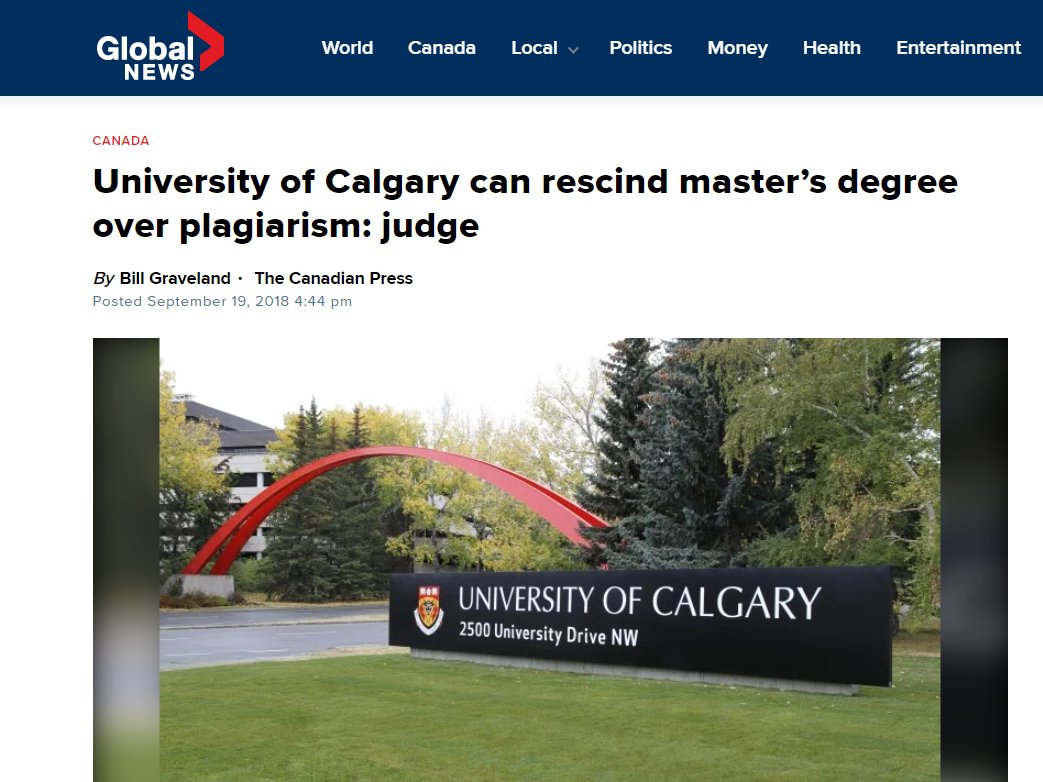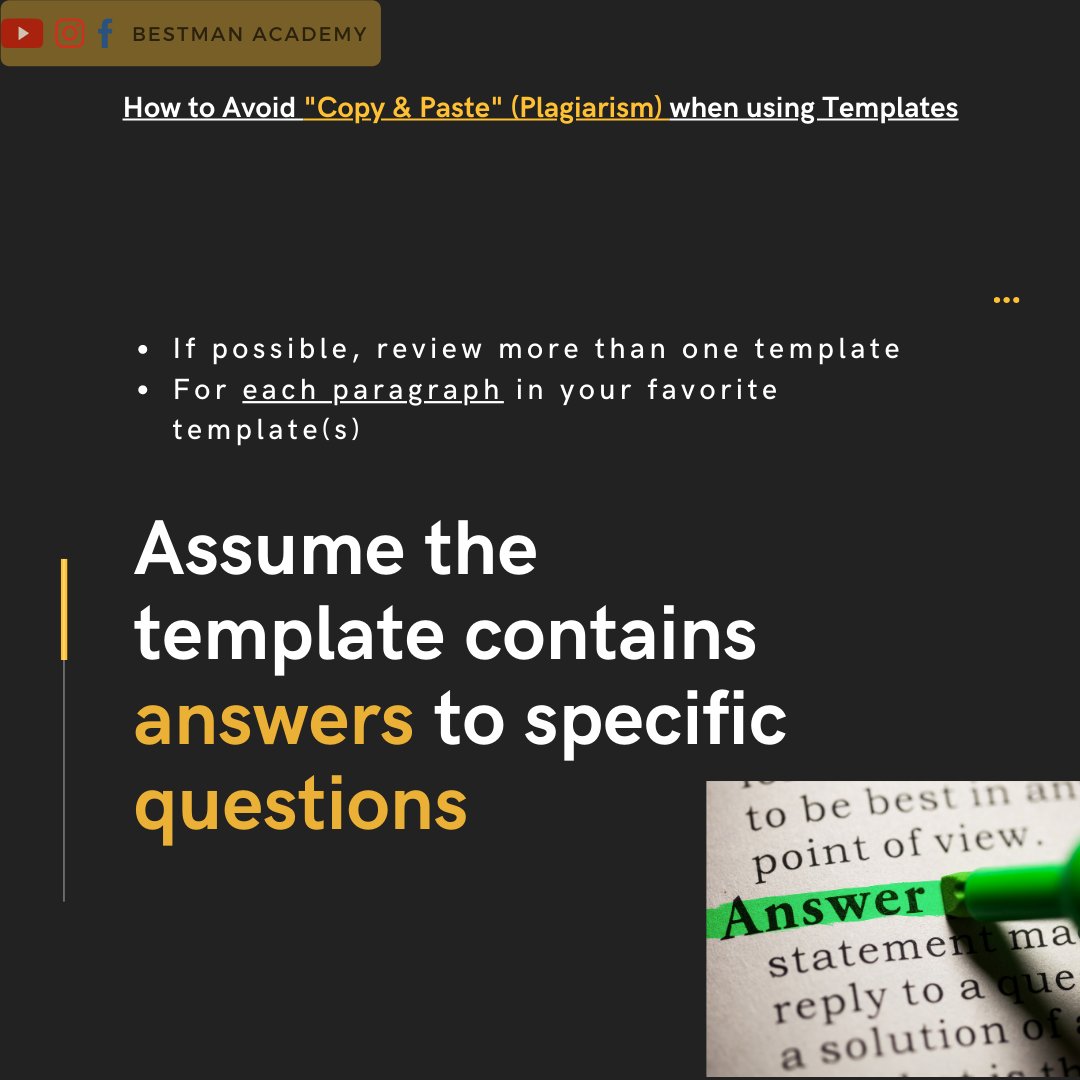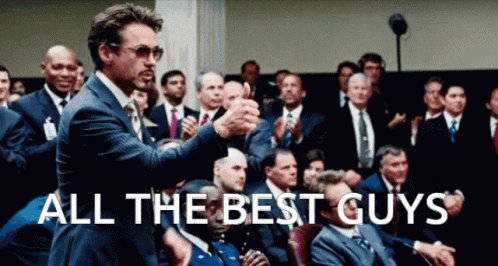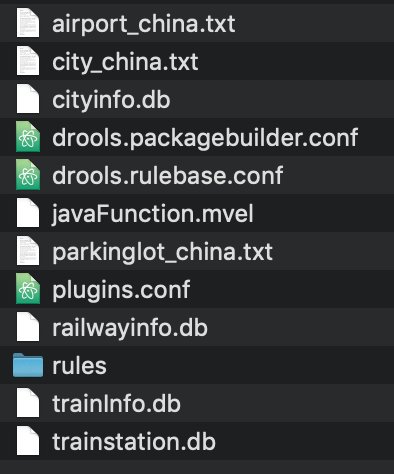PETER PADUKAM - THE LEGEND OF MADURAI MEENAKSHI TEMPLE AND A BRITISH COLLECTOR.
A British Collector named Rous Peter was appointed as Collector of Madurai from 1812 to 1828.
Though a Christian by faith, he respected all faiths including Hinduism and also honored local practice
Collector Peter was the temple administrator of the Meenakshi Amman Temple and conducted all his duties with sincerity and honesty and respected the religious sentiments of all people.
Collector Rous Peter respected and treated people of all faiths equally and this noble trait
earned him the popular nickname ‘Peter Pandian'
Goddess Meenakshi Amman Temple was situated between Collector Peter's residence and office.
Everyday he used to go to the office by his horse and while crossing the temple, he got down from his horse, removed the hat and his shoes
and crossed the whole path on his foot.
Through this small gesture he expressed his reverence to the Goddess!
One day there was a heavy downpour in Madurai city and River Vaigai was in spate.
Collector was sleeping in his residence and was suddenly disturbed and woken up by
the sound of anklets and he left his bed to find out from where the sound had came.
He saw a small girl wearing pattuvastrams (silk garments) and precious ornaments and addressing him as 'Peter come this way'.

































